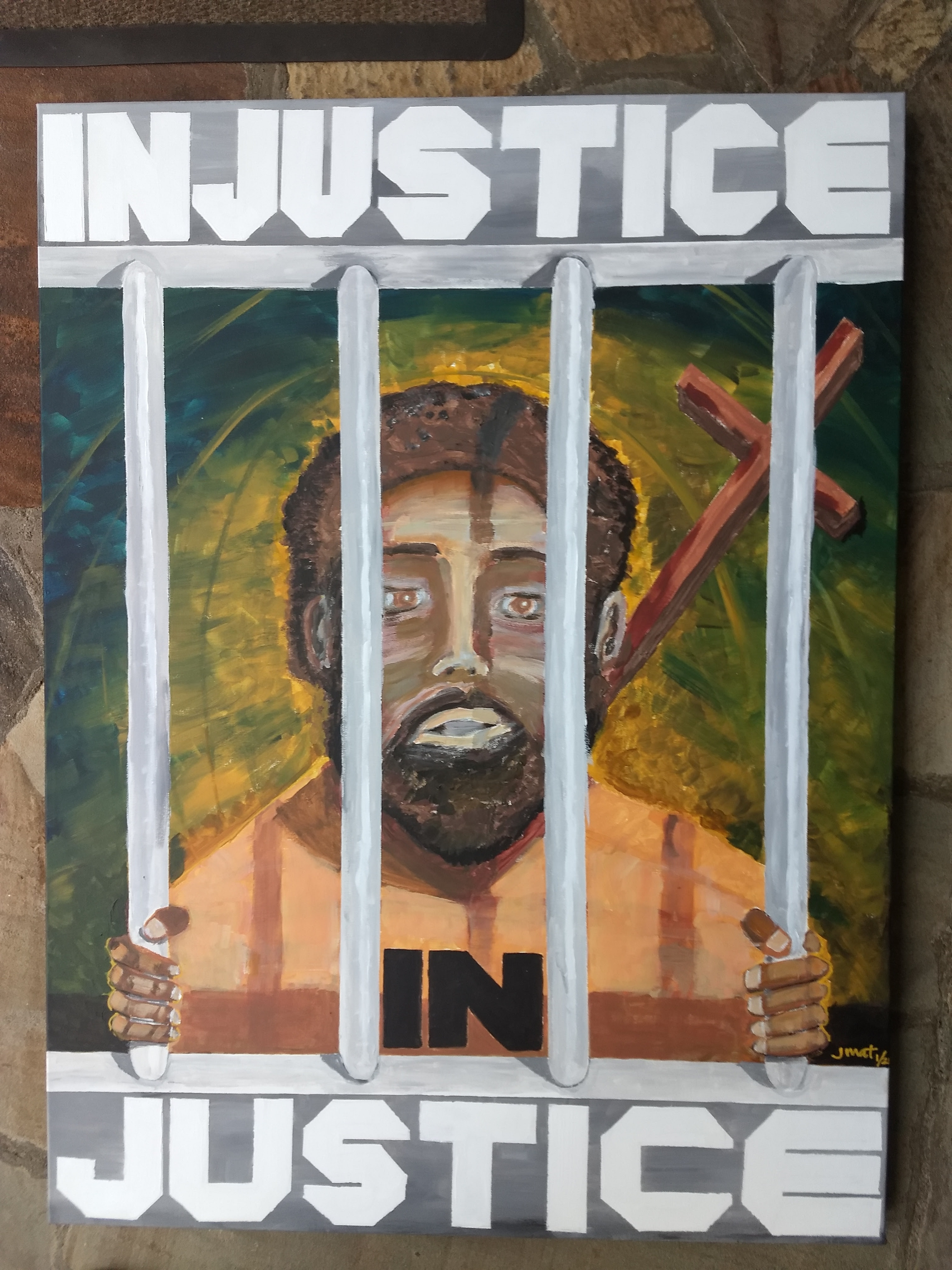Twenty-Sixth Sunday in Ordinary Time
“ .… a great chasm is established to prevent anyone from crossing who might wish to go from your side to ours ….” LK 16:26
This is a story about the danger of wealth and power.
It’s a story that asks each of us some questions – questions like:
How can those who refuse to even notice the poorest and weakest continue to live without any remorse or regret whatsoever?
How will they receive just punishment? If they don’t receive it now, then when?
These questions seriously troubled early Christian communities who often witnessed publicly “religious” people who were unkind to other people, never shared, ever seemed truly open to the Lord – yet somehow, appeared to get away with it.
Hence, the questions:
“Where is God’s justice? If it doesn’t happen in this world, will it in the next?”
To address these questions, Luke offers one of the most famous and dramatic of all Gospel parables – the story of the Rich Man and Lazarus.
From the beginning of this drama, we can tell how rich this man truly is.
His clothing is purple, the color of political power, privilege, and royalty. He wears these emblems of the elite to lavish dinners. Daily, he feasts in this fashion!
He obviously surrounds himself with the political movers and shakers of his time, the wealthiest and the most important. He appears to have everything this world could offer in the way of status and pleasure.
And then … he dies.
Be mindful when reading this parable that was written when people had no understanding of what we now call “heaven” and “hell.”
Instead, after death, it was believed that everyone – rich or poor, powerful or weak – ended up in a place called Hades, a place of disembodied existence, often referred to in the Hebrew world as Sheol. This parable also reveals that it was a place in which “a great chasm has been established to prevent anyone from crossing who might wish to go from your side to ours.”
When this Gospel was written, some 80 years after the death of Jesus, the idea of Jesus’ Lordship over the dead had only just begun the slow process of changing the concept of Hades into what we now refer to as “Hell.”
Unfortunately, along with that change came the notion of eternal torture.
The fear of “going to Hell” increasingly became paramount in many people’s understandings of why they needed to go to church and follow the commandments. Such well-intended, even faith-filled behavior in its most crass form became a kind of “fire insurance policy.”
But that’s not at all what Luke had in mind when writing this parable.
Rather, Luke was saying that we each have the potential of replicating the primary sin of the Rich Man:
A failure to notice.
A refusal to see what is right in front of us.
A blind indifference to the radical misfortunes suffered by the great majority of the world.
For example:
In today’s world, according to the World Health Organization, more than 780 million people live in extreme poverty on less than $1.90 per person per day – an amount which makes it impossible to support a healthy livelihood anywhere in the world.
One in three children in low- and middle-income countries suffer from chronic undernourishment. Their families do not have access to nutritious food, clean water or health care. And the deadly effects of malnutrition cannot be underestimated. 45% of all child deaths are from causes related to undernutrition.
Luke seemed to believe that we are each a combination of the Rich Man and Lazarus.
Most of us are rich, albeit in varying degrees.
As North Americans we could easily see ourselves as the Rich Man.
Like him, many of us have manifold blessings: adequate food and housing and temperature controls; fashionable dress, fine wines, expensive cars, and any number of comforts.
Consequently, we might easily be accused by the Lazaruses of this world as being people who don’t notice, don’t see, and don’t respond to the radical poverty and hunger around us.
We might easily be pictured as the Rich Man seated at the table of plenty leaving scraps for the less-than’s.
Luke truly believed that there is a sense of real impoverishment within the great majority of us. And, as people of conscience, most of us would voluntarily admit to being a Lazarus in terms of our fears and insecurities, our low self-esteem and depressions, our addictions, and our sense of not measuring up to what we really want to be.
We would also readily admit to our lack of spiritual depth, our sins of excess, and our failures at being what we profess to believe.
As such, then, we’re a mix.
The hope of Luke’s gospel story is that we will begin to “see” what we have ignored up to now.
The hope is that we will open our eyes, unlike the Rich Man in the story, and respond to the needs of others in ways we never thought possible.
The further hope is that we will notice, discern, and become increasingly aware – not only of the Lazarus at our doorstep, but the Lazarus lying hidden within our own hearts – the Lazarus buried within our fears and anxieties; the Lazarus that prevents us from recognizing our own deep spiritual impoverishment.
Ultimately this story is about each of us addressing the “chasm” that exists between the “rich” and the “impoverished” within each of us, the chasm that prevents us from becoming whole and transformed.
What Jesus wants so intensely is that we will allow God to open the door of our hearts, feed us from God’s table of mercy, and inspire us to do the same for one another.
That’s when the “chasm” within each of us will be healed.
Ted Wolgamot, Psy.D.
NOTE: This “chasm” became alarmingly present this past week when the supposedly Catholic Christian governor of Florida, Ron DeSantis, mimicked the action of another purportedly Catholic Christian, Greg Abbott, the governor of Texas, by deciding, as reported by the National Catholic Reporter, “it would be clever to protest President Joe Biden’s immigration policies by shipping migrant men, women, and children to cities in blue states, including Chicago, New York and Martha’s Vineyard. Thousands of immigrants have been bused or flown north in the past months.”
These are people who have “fled violent homelands, often risking their lives and walking for weeks or months to reach our borders and plead for asylum.” The sole purpose of these Catholic governors was to “embarrass their political enemies and score points with their immigrant-bashing base.”
“Some have called the move of vulnerable people ‘trafficking’, while others have compared it to the ‘Reverse Freedom Rides’ of the 1960’s, a segregationist tactic used by some southern governors to trick Blacks into going north with false promises of high-paying jobs and free housing.”
Chicago Cardinal Blasé Cupich said, “treating children of God as political pawns was unbecoming of any elected official,” noting that “welcoming the stranger, including the migrant, is a fundamental moral imperative of Christianity.” (emphasis mine)
The Miami Archdiocese stated that “Any action to transport persons under false pretenses and leave them stranded with no assistance would be to seriously diminish their human dignity.”
Instead, to again quote Cardinal Cupich, “We Christians are called to welcome the stranger, the migrant, the refugee, because they, too are children of God, all of us members of the same family, the human family …. They are not faceless numbers – but human persons. They are our brothers and sisters.”
Ironically, this Sunday is the World Day of Migrants and Refugees. In a statement for the day, which has the theme “Building the Future with Migrants and Refugees,” the Vatican said that God’s plan involves “leaving no one behind.”
Evidently DeSantis and Abbott did not get the message. Their behavior, like that of the Rich Man in today’s Gospel, is despicable and should be condemned by all followers of “the Way” taught by Jesus of Nazareth.
Migrants are the Lazarus in today’s world.







